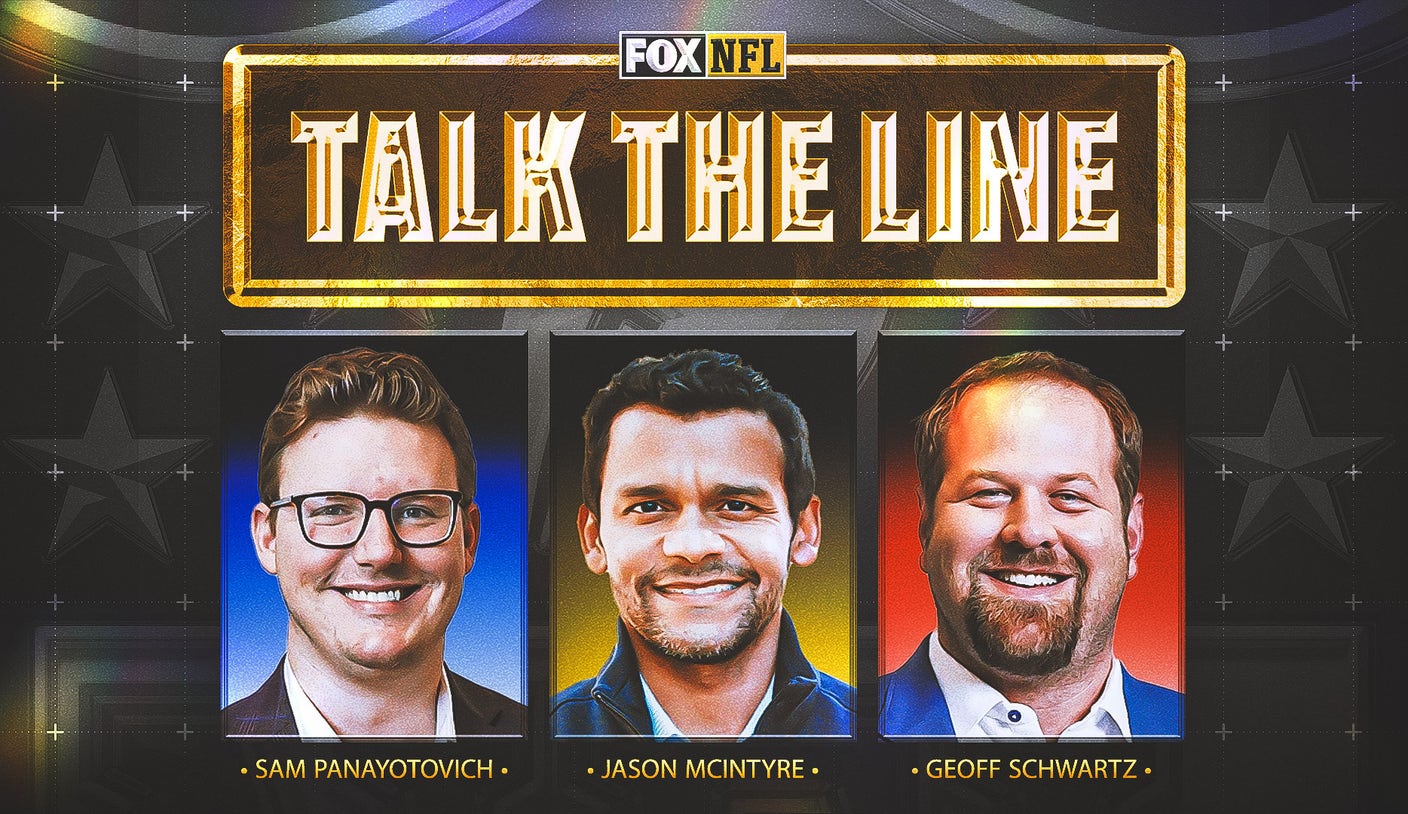Content warning: This article includes mention of suicide. If you or someone you know is having thoughts of suicide, the National Suicide Prevention Lifeline is available 24 hours a day at 988.
Johnny Manziel’s life almost took a dark turn when his NFL career ended.
The former Heisman Trophy winner revealed in his episode of Netflix’s “Untold” documentary series that he planned to commit suicide in 2016. He had recently been released by the Cleveland Browns in March that year and diagnosed with bipolar disorder.
“I had planned to do everything I wanted to do at that point in my life, spend as much money as I possibly could and then my plan was to take my life,” Manziel said in his episode, per the Dallas Morning News. “I wanted to get as bad as humanly possible to where it made sense, and it made it seem like an excuse and an out for me.”
Manziel, now 30, said he used cocaine and the prescription drug OxyContin daily and bought a gun “months earlier” before he went on a “$5 million bender.” But when he pulled the trigger, Manziel said the gun malfunctioned.
“Still to this day, don’t know what happened, but the gun just clicked on me,” he said. “I couldn’t fix what I had done … with the NFL, with A&M, everything at that point in time. … The ride was over.”
The episode comes out Aug. 8 and dives into the world of “Johnny Football” — from Manziel’s meteoric rise at Texas A&M where he won the Heisman Trophy in 2012 to being drafted No. 22 overall by the Browns in 2014 to his eventual fall from grace that included multiple arrests and his eventual 2016 release.
Manziel’s whirlwind football life
Manziel enjoyed a tremendous collegiate career at Texas A&M and later admitted he made $33,000 selling autographs after he won the Heisman Trophy. That caught the eye of the NCAA, who investigated but found no evidence he made money. He was also suspended for the first half of Texas A&M’s 2013 season-opener against Rice for “inadvertent violation” of NCAA rules.
Following his college career, Manziel played in 14 games over two seasons with the Browns from 2014-2015 as the team’s first-round pick. He finished his NFL career with 147 competitions for 1,675 yards, seven touchdowns and seven interceptions. Manziel most recently played in the Fan Controlled Football League in 2021 after stints in the Alliance of American Football and the Canadian Football League.
But while Manziel’s football career led to his celebrity, his off-field issues attracted more headlines.
He was arrested in 2012 during his time in college and charged with disorderly conduct, failure to produce identification and possession of a fictitious driver’s license. In 2015, Manziel entered a treatment facility for an unspecified reason. During that NFL season, the Browns demoted Manziel to third-string quarterback after he lied about a video that made it’s way across the internet. And at the end of the season he was seen in Las Vegas the night before the Browns played their final game of the year and failed to show up to a team meeting to treat his concussion the next day.
Manziel was charged with assault of his then-girlfriend in January of 2016 and was released by the Browns two months later. Those charges were eventually dropped in lieu of Manziel entering an anger management course, attending a domestic violence panel and other agreements.
Manziel apparently refused to enter rehab and says in the documentary he was diagnosed with bipolar after the release, which he said he believes exacerbated his spiral.
“The wires in my head seemed very twisted,” Manziel said.
His father, Paul Manziel later told the Morning News his son “won’t live to see his 24th birthday” if he doesn’t get treatment. Manziel’s father later told ESPN that his son “is a druggie” and that jail “would be the best place for him” and “hopefully he doesn’t die before he comes to his senses.”
The CFL later banned Manziel after 16 games in 2018 after he “violated one of the conditions we had set for him to be in our league,” CFL commissioner Randy Ambrosie said.
Manziel’s father sees ‘better days coming’ for his son
Despite everything that happened to him in the past, Manziel’s father said in the documentary he believes Manziel will have “a lot better days coming than what he’s had.” After his suicide attempt, Manziel apparently went back to his family’s home in Texas.
“It’s been a long, long road, and I don’t know if it’s been great or it’s been bad. That’s kind of still up for debate,” his father said. “But we’re blessed. And he’s still with us. And we can mend all the fences still.”
On Wednesday, Manziel said he’s opening “Johnny Manziel’s Money Bar” near College Station, although no other details have been revealed about the bar’s location of opening date.
#Johnny #Manziel #Netflix #documentary #bought #gun #attempted #suicide






